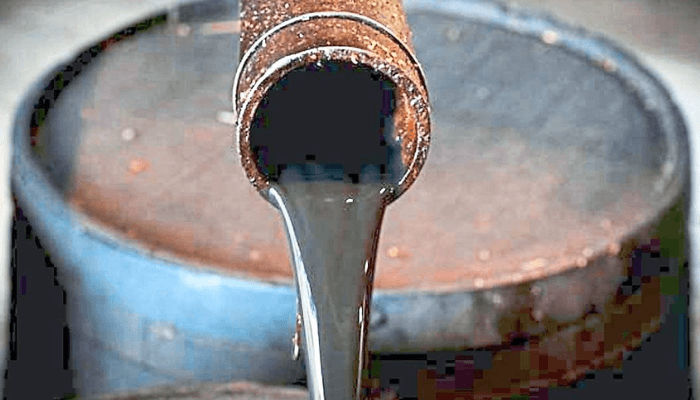For the first time since December 2021, Brent crude oil futures dipped below $70 per barrel, signalling a significant slump driven by rising supply, waning demand, and a wave of speculative selling.
Brent, the global oil benchmark, fell by 2.8 percent, with US West Texas Intermediate (WTI) crude also taking a hit, down 42 cents, or 0.6 percent, to $68.29.
While Monday saw both benchmarks gain about 1 percent, Tuesday’s session erased those gains due to persistent concerns over oversupply and weak global demand.
Read also: How Nigeria loses $1,000 per barrel in crude oil exports
Supply disruptions caused by Tropical Storm Francine in the U.S. provided brief support, but it wasn’t enough to offset the negative market sentiment.
The ongoing drop in oil prices stems from disappointing economic performance in both China and the U.S., the world’s largest oil consumers, which has cast doubt on future demand.
In addition, increasing production from non-Organisation of the Petroleum Exporting Countries (OPEC) members has further heightened fears of a potential oil surplus in the coming year.
This plunge in crude prices is yet another blow to Nigeria’s already struggling economy. The naira has weakened to nearly N1,600 per dollar in recent weeks, despite the Central Bank of Nigeria (CBN) intervening by selling USD at below-market rates to Bureau De Change (BDCs).
Last week, the CBN announced it would sell $20,000 to eligible BDCs at N1,584 per dollar to boost liquidity and meet demand, but the currency remains under pressure.
The drop in oil prices also poses a significant challenge for the federal government, which based the 2024 budget on a crude price benchmark of $77 per barrel. To make matters worse, Nigeria has consistently failed to meet its oil production targets for 2024, set at 1.7 million barrels per day (bpd), as well as OPEC’s quota of 1.5 million bpd. Latest figures from OPEC show that Nigeria’s production averaged just 1.352 million bpd.
On the flip side, lower crude prices could ease the burden on Nigerians at the petrol pump.
Last week, the Nigerian National Petroleum Corporation (NNPC) Limited raised petrol prices from just over N600 per litre to N897, straining consumers already grappling with a severe cost-of-living crisis.
